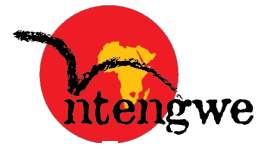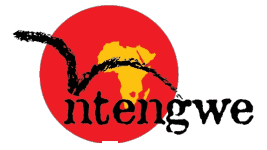Our History
Ntengwe for Community Development was formed during the wake of the HIV epidemic in 1996 by three like-minded women to maximize efficiency and achieve more to reduce the impact of HIV and injustice on women, children, their families, and communities.
Through the learnings and wisdom of our grassroots communities we adopted an alternative to top-down development programs to bottom-up approaches led by grassroots women groups, to strengthening child protection, care and development, health and education, social and climate justice, and economic empowerment.
Within six years, Ntengwe grew to an organization with ten full-time staff and a strong base of dedicated volunteers. Leveraging the momentum of the UN Sustainable Development Goals, we began working with civil society partners, funding partners and allies to support community-driven action, to promote increased community ownership and effectiveness, and we began funding more grassroots women groups to channel resources directly to community groups living in risk-prone, poor communities.
Today, we are in partnership with over 1,000 community groups, and partners in 12 African countries to reduce their vulnerability to climate, disaster threats, poverty and injustice. And to save and protect lives in emergencies, to build the capacity of grassroots groups and civil society partners to help people rebuild their livelihoods and campaign for genuine, lasting change, keeping women and children’s rights at the heart of everything we do.
Guided by our lessons of the past, Ntengwe has grown to twenty full-time staff and dedicated volunteers from all walks of life. We are an affiliate member of the National Association of Non-Governmental Organizations, a participating member of the Community of Practice on Livelihoods under the Act Alliance, and an affiliate member of the Global Network of Civil Society Organizations for Disaster Reduction (GNDR).
Currently, Ntengwe is a leading consortium member of the “Pathways to Economic Justice on Women’s Land Rights”, funded by the African Women’s Development Fund, and implemented in Kenya, Uganda, Nigeria and Zimbabwe.
Ntengwe was also chosen in December to lead and coordinate from Zimbabwe the Women’s Land Link in Africa (WLLA) which is a network of grassroots women’s organizations working on climate change, land and housing. The WLLA covers grassroots organizations in 12 African countries. All these network mechanisms address the issues of the marginalization of women.
We work with government partners to devise and implement global instruments on gender equality such as Beijing +25, the Sustainable Development Goals, the Sendai Framework for Disaster Risk Reduction that can deliver results for women, touching on issues such as links between the impacts of economic crisis and the role of gender in agriculture and trade policy.

